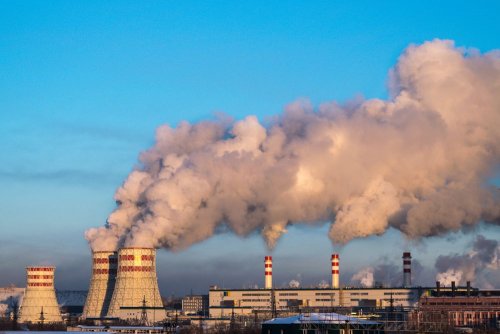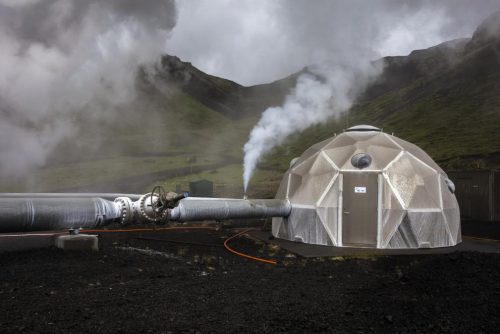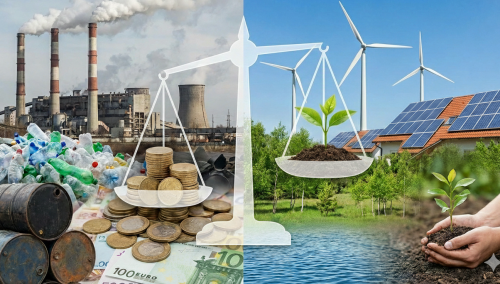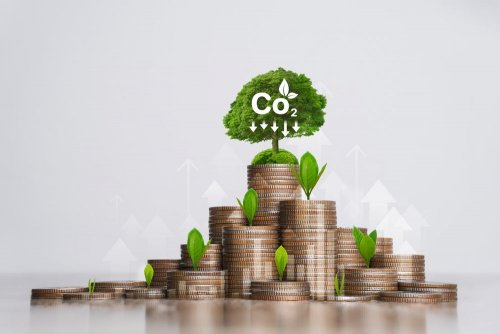During the meeting of the Ecology and Green Economy Committee of the Federation of Employers of Ukraine, the Office of Green Economic Transition was presented.
This was reported by the Federation of Employers of Ukraine on Facebook.
The main areas of work of the Office are:
- analysis of the current state and opportunities of the economy in the context of the green transition;
- attracting green financing for Ukraine and coordinating activities in this area;
- monitoring and coordination of the implementation of the National Energy and Climate Plan and the Ukrainian Facility Plan;
- strengthening the role of business in the green transition;
- strengthening the institutional capacity of key stakeholders;
During the meeting, the issues of REDD, emissions trading system (ETS), IAM and decarbonization were discussed.
"The CBAM is inevitable in general. The CBAM will cost Ukraine a lot (according to various estimates, about USD 0.5 billion per year)," emphasized the Head of the Office Andriy Kitura.
The office is already focused on the following issues, in particular:
- Developing a methodology for calculating CO2 emissions and collecting the necessary data is the first step. Further planning includes the development of a regulatory act, identification of an appropriate CEA to collect and publish this data;
- systemic decisions on the CBAM and the cost of CO2 for Ukraine;
A number of problems have arisen due to the rapid process of establishing an ETS in Ukraine:
- There are no parameters for the functioning of this system, on which the implementation of the ETS in Ukraine will depend;
- uncertainty with payment for CO2 emissions in Ukraine by companies that are not exporters;
- absence of emission charges for importers to Ukraine and their competition with Ukrainian companies;
The Government and the Office set themselves ambitious goals to address issues that have a significant impact on the competitiveness of Ukrainian products both domestically and internationally.
In addition, work on the NIS will begin at the end of this year, and some preparatory work is already underway in this area. Another important document to be worked on this year is the Low Emission Development Strategy.
As Ecopolitic previously reported, Ukraine has submitted to the European Commission a plan for the €50 billion Ukraine Facility financial support program, which includes six reforms as part of the green transition.





